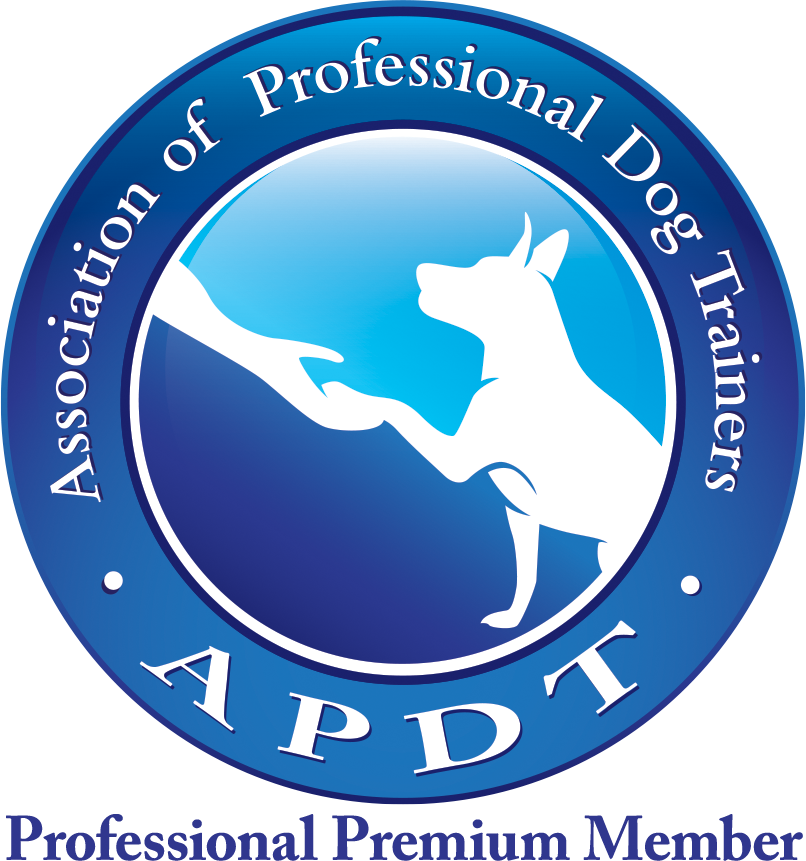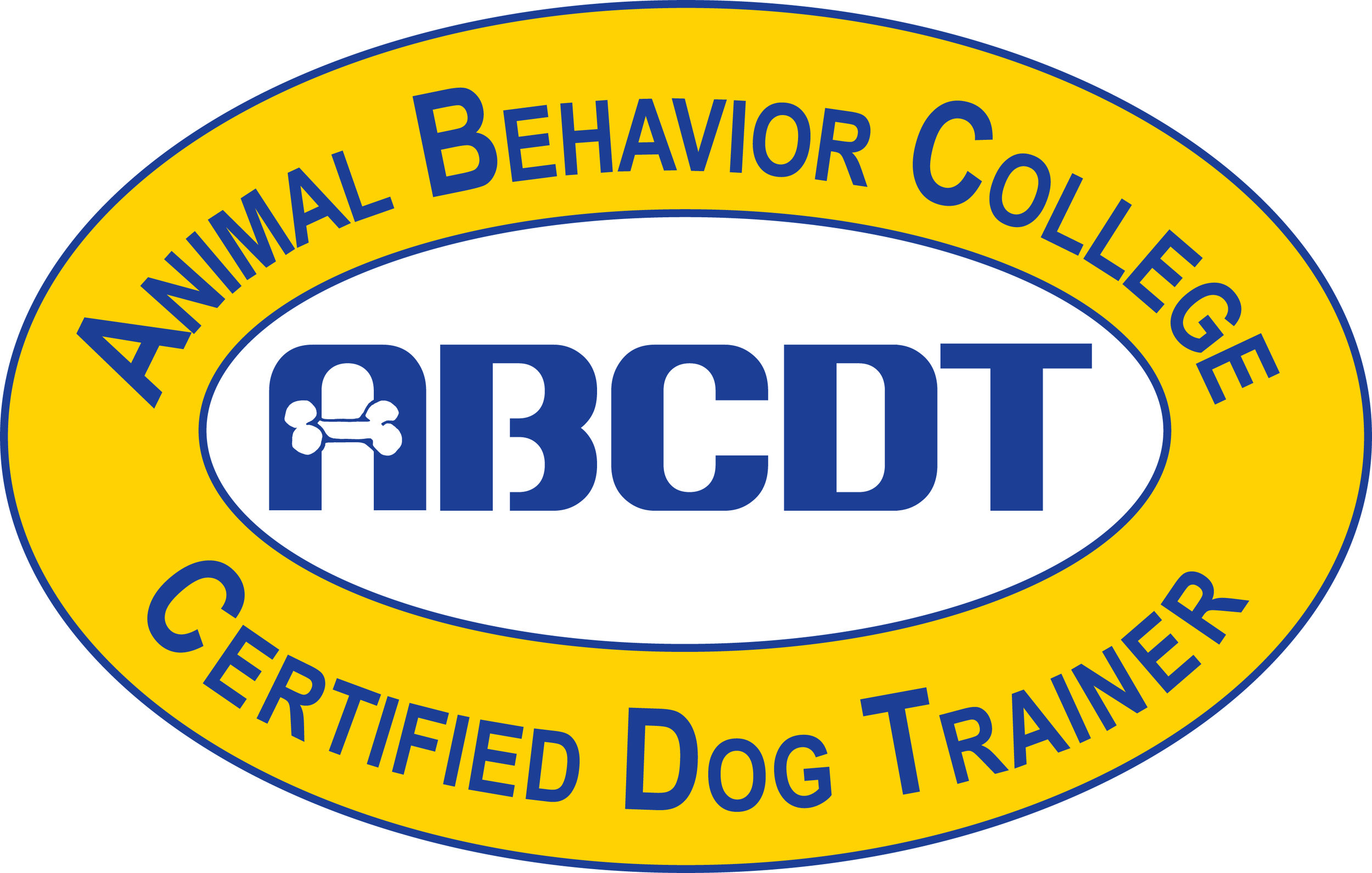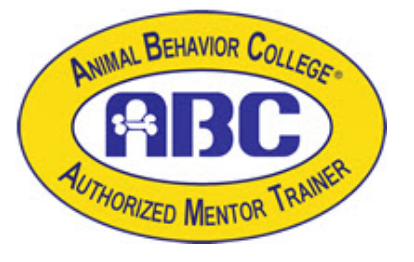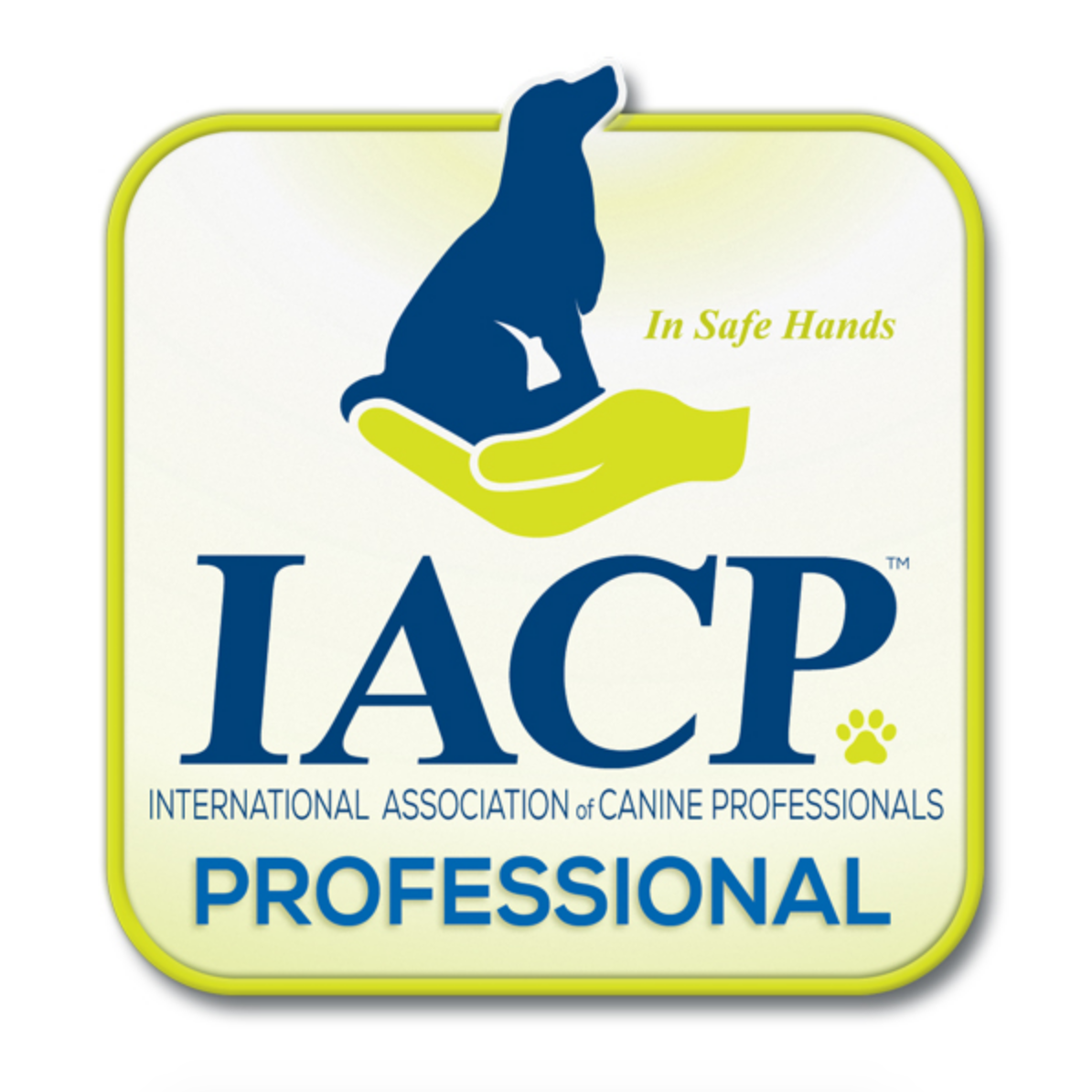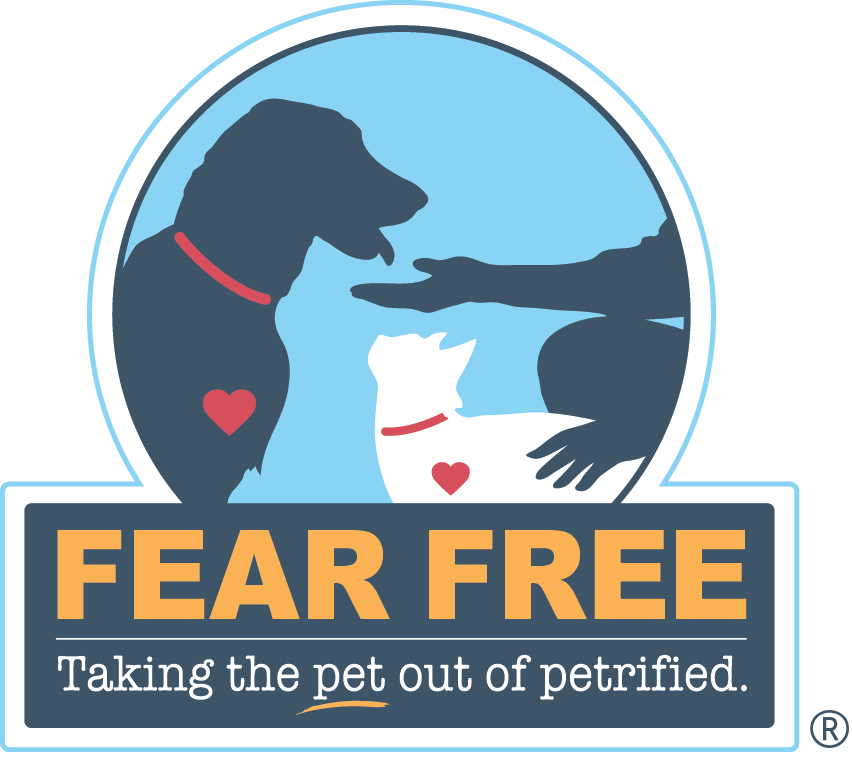Puppy Socialization
/Puppy Socialization: Keep this in mind prior to purchasing a canine companion.
I recently made calls to several “experienced” dog breeders and to several “recreational” breeders in order to add to my list of breeders and because I am often asked by families to recommend breeders and shelters where they can purchase a dog from. The information I gathered was very enlightening. Calls were made to breeders all over the country selling Labradors, Golden Retrievers, Goldendoodles, Labradoodles, and Poodles ranging in age from 6 weeks to 6 months. Dogs ranged in price from $500 to $2500. Price varied depending on such things as AKC registration level (limited or full), championship blood lines, gender, and age. All of the breeders at minimum stated that the dogs came with up to date vaccinations and deworming dates. In addition to, of course, health and breeding information, I was also interested in a few other things. I was looking for information on if the puppies have had early consistent socialization experiences with people, sounds, and textures, and if so at what age and what kinds of experiences, if they were taught the basics of potty training, and depending on their age if they have had any basic obedience training. Here is some of the information that I gathered.
Socialization:
Handling: The majority of the breeders stated that for the safety of the puppies they had been handled only by members of the family or kennel.
Housing: Some were housed inside the home with the family, while many others were kenneled in large outdoor covered and cemented kennels and others outside the home in enclosed building kennels.
Socialization to sounds/textures/experiences: Majority of the breeders reiterated that they were handled, but had no other socialization experiences. I was often told that the puppies were too young to be taken outside of the house.
Potty training:
Some of the breeders stated that the kennel they were in was cemented which allowed them to keep the puppy area clean and sanitized. Some said that they were newspaper trained, some said there was no training, some said they used pee pads, and a couple stated that they started with pee pads and transitioned the puppies to grass.
Obedience training:
Only a couple of the breeders with puppies at 3 months of age stated the puppies knew how to sit on command but had no training beyond that.
Whether looking for a family pet or for a service dog prospect, the life of a puppy from birth to 14 weeks is critical. This is not only a critical period for socialization to human beings, but also involves positive experiences with known dogs and unknown dogs, various surfaces, places, and anything that the puppy might come across as an adult. This training should begin with the breeder and should continue with the family the dog goes home with. A family should keep in mind that proper socialization in order to prevent future behavior problems is just as important as protecting the puppy from disease prior to being fully immunized. The American Veterinary Society of Animal Behavior’s position states the following:
“Because the first three months are the period when sociability outweighs fear, this is the primary window of opportunity for puppies to adapt to new people, animals and experiences. Incomplete or improper socialization during this important time can increase the risk of behavioural problems later in life including fear, avoidance, and/or aggression. Behavioural problems are the greatest threat to the owner-dog bond… Behavioural issues, not infectious diseases, are the number one cause of death for dogs under three years of age.”
This is further reinforced by an article trending this week on the Companion Animal Psychology website which makes reference to a study by Dr. Helen Vaterlaws-Whiteside and Amandine Hartmann (Guide Dogs National Breeding Centre) (2017) regarding the benefits of providing extra early socialization experiences to young puppies. Puppies who have had additional socialization exposures from birth to 6-weeks old have shown by 8 months to be less likely to display various undesirable and concerning behaviors such as anxiety, distractability, separation related behaviors, and sensitivity when handled. Examples of early socialization included being handled daily, touched with various textured materials, separation from their litter for short periods of time, and exposure to sounds such as cell phones and music.
It would be beneficial for you to find a breeder who uses The Misty Method or a similar method for potty training beginning at 3 weeks. Breeders who use this or a similar method tend to have puppies who are easier to housebreak and have fewer potty accidents in the house. This is due to the fact that they are at a young age taught the concept that there is a place to sleep, a place to play, a place to eat, and a place to eliminate.
If you are thinking of getting a puppy keep in mind that the socialization and potty training should begin in the home of the breeder. This training makes a difference to the future behavior of the puppy. Of course, continued socialization and potty training will still be necessary after you bring it home; having the foundation set is a huge benefit.
Be aware that socialization does not necessarily mean taking the puppy out of your home before it is properly vaccinated. The article referenced above from Companion Animal Psychology, provides many wonderful ideas on how to safely socialize your puppy. These ideas can also be implemented with dogs of any age.
If you decide to adopt a puppy or adult dog from a shelter where you often do not know the history of the dog, hope for a balanced companion is not at all lost. With dedication and the assistance of a trainer or any of the millions of resources on the internet, many behavior problems, potty training problems, and communication problems can be worked through. By providing a dog with a second chance in a loving home, proper training with rules, expectations, boundaries, and socialization experiences a wonderful member of the family can be added.



